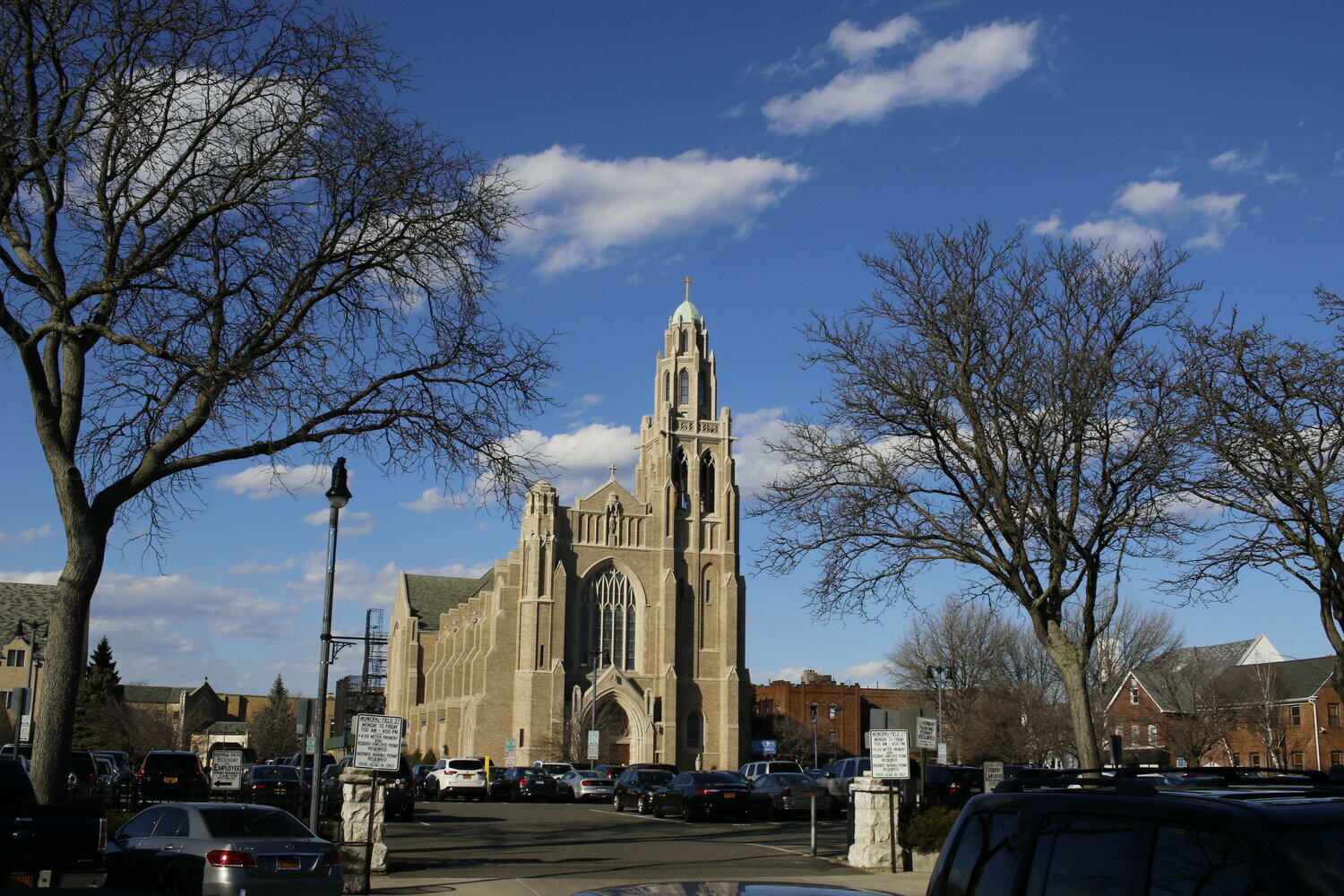Diocese of Rockville Centre under pressure to settle sex abuse claims
The deadline for the Roman Catholic Diocese of Rockville Centre to reach an agreement with the more than 600 people who have come forward with claims of child sexual abuse has expired, following a 100-day extension granted by the federal courts, and it appears that both parties are no closer to a consensus.
Judge Martin Glenn, of the U.S. Bankruptcy Court for the Southern District of New York, told the diocese in July that it had to come to terms with the plaintiffs, known as the Committee of Unsecured Creditors, and their attorneys on an amended Chapter 11 reorganization plan or a settlement by Oct. 31.
“No progress has been made with the (diocese) since it made its last and final offer,” James Stang, the committee’s bankruptcy counsel, told the Herald. “To say there is any work going on is not true.”
Given the parties’ inability to reach a settlement by the court deadline, Glenn suggested bringing several of the cases against the diocese’s individual parishes to trial as “test cases,” in the hopes of staving off a motion for dismissal filed by the creditors’ lawyers.
The test cases would be brought before Nassau County Supreme Court Judge Leonard Steinman to gauge jurors’ reactions to the testimony of survivors, and how much they would be awarded in monetary damages. The goal would be to pressure the diocese, its parishes and its insurers, to negotiate a settlement.
Glenn warned that if the parties were still unable to reach a settlement, he might be forced to become the first federal justice in the country to dismiss bankruptcy proceedings against a Catholic diocese.
The Diocese of Rockville Centre — the eighth largest in the nation — filed for bankruptcy in October 2020, as a result of hundreds of lawsuits that were filed when then Gov. Andrew Cuomo approved the Child Victims Act in 2019, extending the statute of limitations on sexual abuse claims.
After three years of attempts to negotiate the terms of a bankruptcy reorganization plan, the diocese and the plaintiffs have reached an impasse.
In January, attorneys presented the diocese with two potential reorganization plans, both of which it turned down. The first would have settled all of the claims for $450 million in restitution, and the second involved the diocese’s individual parishes.
Under both options, survivors would be able to continue to pursue abuse claims in state court.
The diocese made a counter-offer, proposing that it, along with its parishes, co-insured parties and other ministry members, contribute $200 million to a settlement, not including insurance payouts.
Sean Dolan, the diocese’s director of communications, said in a statement that the diocese “continues to work toward a global settlement,” while still maintaining its $200 million settlement offer.
“The Diocese, parishes, and related parties have made their highest and best settlement offer in the amount of $200 million,” Dolan said. “We agree with Judge Glenn that survivors have waited too long for compensation and that the alternative to a global settlement plan creates chaos that puts both survivor compensation and parishes at risk.”
Dolan noted that the proposal is the largest settlement offer of any diocesan bankruptcy case to date, and would provide an immediate payment of $100,000 to each claimant, with more money from recent land sales and insurance coverage proceeds going to settlement funds for additional payments.
“If the Committee delays or does not agree to the settlement plan,” Dolan added, referring to the plaintiffs’ group, “more money will be wasted on legal proceedings, ultimately decreasing the funds available for survivor compensation. Recoveries for survivors only decrease from this point forward. Any alternative to a settlement agreement is worse for everyone involved. The Church’s charitable mission must continue.”
Stang argues that the statement made by the diocese was “totally irrelevant” in determining how much it can afford to pay and still maintain its mission.
“We have spent a lot of time and money with experts about what the parishes and the diocese have and can maintain in order for it not to close schools, food banks,” Stang said.
He referred to the statements as “scare tactics” and said that due to pending litigation regarding one of the diocese’s insurers, it would be a risk to take the offer.
“Frankly, I wish someone would say that helping the people who were sexually assaulted is a mission of the church,” Stang said.

 51.0°,
Fog/Mist
51.0°,
Fog/Mist 




